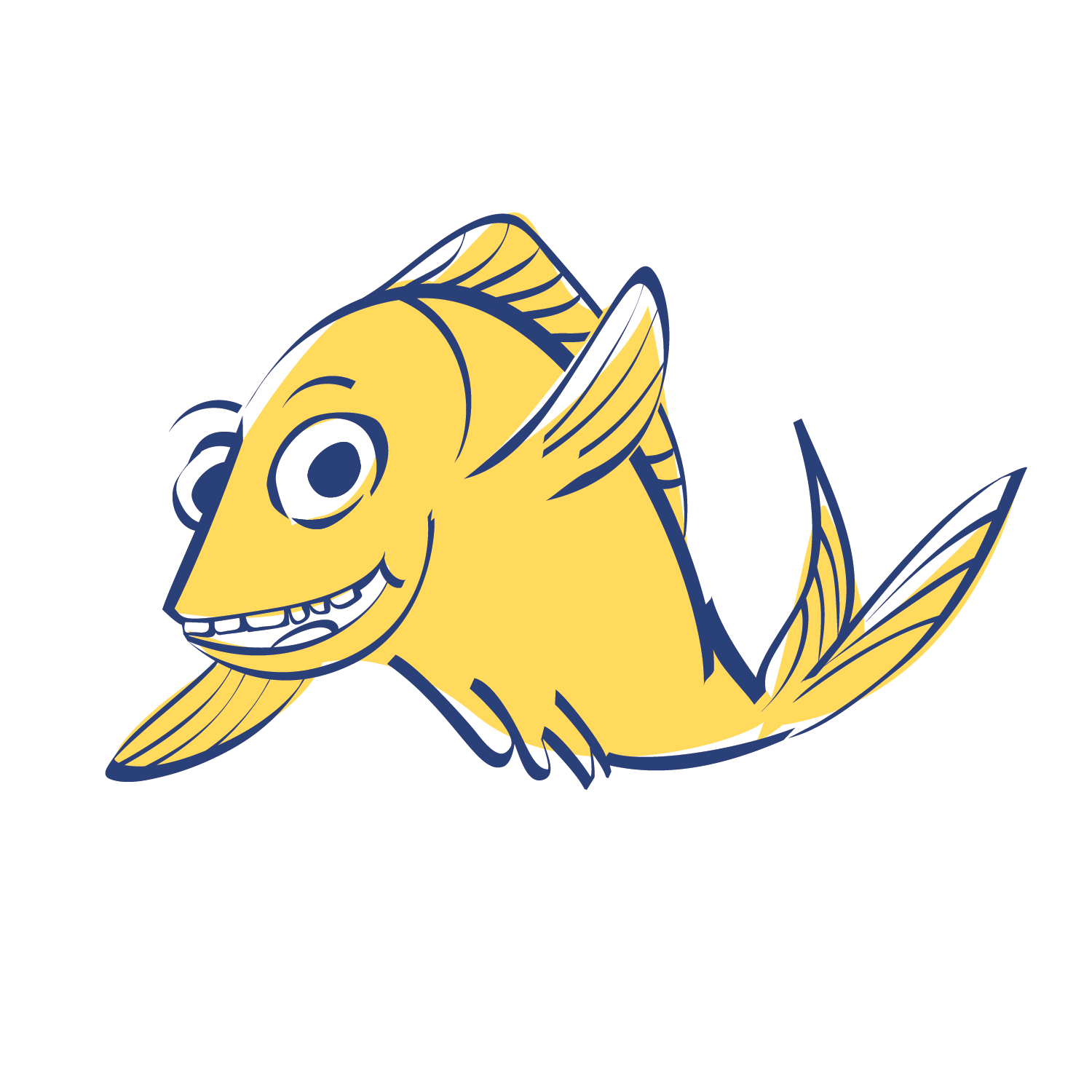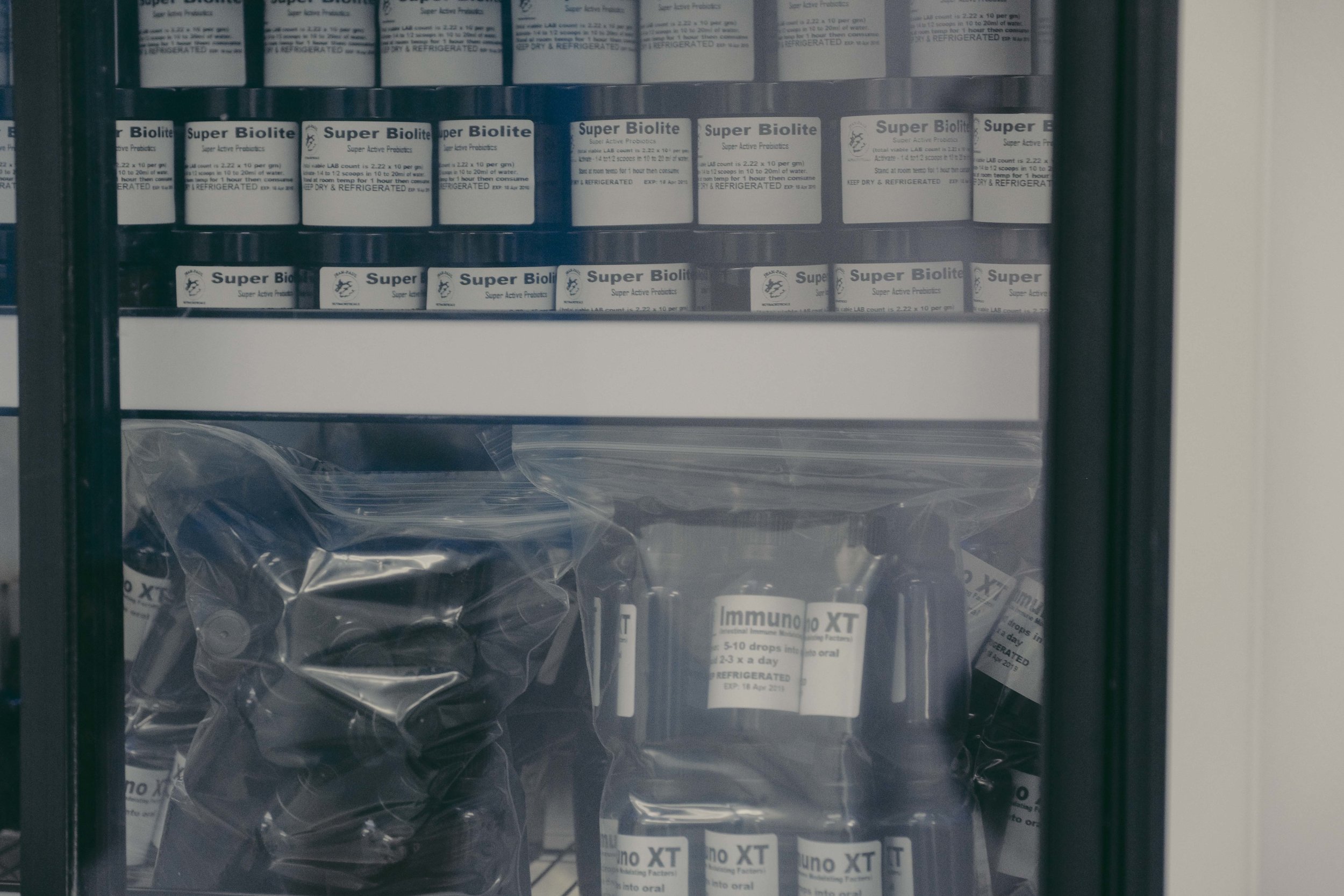"RESERVE 'I BELIEVE' FOR RELIGION": JEAN-PAUL LY, ANIMAL DOCTOR
By Carolyn Oei, 23 October 2017 (Updated: 26 March 2023)
Cover photo of Dr Jean-Paul Ly: Marc Nair
“You have to see beyond the fur,” Jean-Paul Ly says. He’s animated and there’s a stridency in his voice.
“Animals, especially our pets, are part of the family. You have a 12-year-old child with liver failure. Transplant is required. Would you do it? Is there a risk? Of course, there’s a huge risk, but you have to do it!” Ly’s voice goes up a decibel and his right arm swings like he’s doing the robot or making a bad sign.
“Does everything work? No. But, my philosophy is that there will be no stone unturned. And I’ve done some crazy things. The animal is in such bad shape, it’s about to die. If it works, great. If it doesn’t, I tried my best. Has happened on many occasions. Every time it doesn’t work, it’s a learning curve for me.
“Many vets tell their clients that their treatments work a hundred percent. Where is the honesty? It’s through mistakes that we learn. Very often, our successes are accidents. Penicillin. X-Rays. Most of our major developments are accidents.”
Ly stands in his ARC Health Services office by a painting of St Anthony Abbot that he had purchased, if he remembers correctly, more than 20 years ago in Paris. "It wasn't only St Francis of Assisi who loved the animals," he explains. Photo: Marc Nair
The name “Jean-Paul Ly” is quite well known in pet owner circles in Singapore; many hate him and just as many love him. Among the veterinarians, many raise their eyebrows at the mere mention of his name. To his detractors, Ly is a mad man; an old-timer vet who uses animals as experiments and prescribes unconventional treatments for conditions traditionally dealt with with antibiotics, dry food or euthanasia.
“I don’t like the word. It’s misconstrued. We use that to solve problems for ourselves but not the animal,” Ly stares at the wall behind us for a moment.
“Of course I euthanise. There are some animals that are in such bad shape that you know it’s the end of the line for them. But I have a sign in my clinic that is for vets and owners to know that we don’t take life flippantly.
“There are people who move to another country and come in to the clinic asking for their pets to be euthanised. Some say that they don’t trust anyone else to take good care of them. What an arrogant message! I say to such people, ‘So, you want me to kill your pet because you’re moving away?’
“And these people claim to be animal lovers. They’re supporters of the SPCA blah blah blah. But when it comes to the crunch, they turn their backs on their own pets.”
But, how far beyond the fur does one have to see? It would seem, as far as your heart will allow you to. If euthanasia isn’t an option for a pet owner or zookeeper or shelter worker, what does one do if the “traditional” treatments aren’t working?
Ly has prescribed the use of an ear ointment into eyes hurting from conjunctivitis. He has prescribed the injection of dopamine into drip bottles for cats suffering from Chronic Kidney Disease (CKD) – not because you want to have the cat all relaxed and chilled out during the uncomfortable 20-minute sub-cutaneous drip session, but because the dopamine could help to trigger a complex process that includes increasing blood pressure and sending signals to the body to retain more sodium and water. For CKD patients, he also prescribes the use of a human-grade growth hormone to slow down the rate of degeneration of the kidney cells and generally to have kitty feeling a little younger and more spritely for a better quality of life. Ly believes he is the only vet in the world to do this for animals.
“Most vets don’t always know what I’m doing, they only hear about me and lots of what they hear is out of context. I’m not fazed by vets who don’t understand. It’s their prerogative.
“I’ve saved a lot of pets that other vets had given up on. Most of the cases I see are end-of-the-road cases.”
Bob, a community cat who owns Eng Hoon Street in Tiong Bahru Estate, one of Singapore’s trendier neighbourhoods, is one such end-of-the-road case. Bob is currently about 10 years old. A charming tabby, he’s won the hearts of many in the neighbourhood. Some time in 2011, Bob went missing and when he reappeared, he sported a pus-filled wound on his abdomen. Two operations and two different vet consultations later, the people caring for him were told to have him euthanised. Needless to say that we wouldn’t be writing about this if they had put him to sleep as advised.
Enter Jean-Paul Ly and the rest is history.
Bob has a Facebook page. You can read more about him there.
Bob, a star in his own right. Photos by Kelvin Ang (L) and Jean Fung (R).
Ly explains his stand again, “There have been times when I’ve said to owners, ‘This is really tough, but these are the things you may want to try given the circumstances.’ I give people options. I never ever say, ‘I cannot do anything for you.’ That’s a death sentence.”
“Do you believe in miracles, Dr Ly?” I ask.
“Of course I do! When I was younger, I sent clients home with their pets, telling them to take it home to die. Six months later, they bring it back to me alive just to make me look like a fool. It happens. It has happened! Now that I’m older and wiser, never say never because you’ll be proven wrong.”
Ly gave us a tour of his laboratory in Singapore. Photo: Marc Nair
TRY, TRY AND TRY. AND TRY AGAIN
Ly reckons that the state of veterinary science in Singapore is ahead of the rest of Southeast Asia and certain parts of North and South Asia. But not so as compared to more developed First World countries and regions like Australia, Japan or Northern Europe.
“Many of my friends and family are medical doctors and when I tell them stories of what vets get up to, they’re appalled,” Ly proffers.
Take gingivostomatitis, for example. It is an auto-immune condition, found commonly in cats, that manifests as chronic non-healing ulcers in the mouth. A key treatment for the condition is to pull all of the animal’s teeth out.
“But this doesn’t necessarily solve the problem! Gingivostomatitis is typically stress-related. So, surely you have to ask the question, ‘Why is the cat stressed out?!’ I’ve noticed that it happens a lot in situations where there is more than one cat in the house. The owners will say, ‘No, my cats get along just fine.’ But, you can’t see their stress!
“It’s like having a house full of concubines. To you, you think they all get along, but you can’t read the dynamics! We can’t see the cat’s stress. My God! There are so many other things you can try first before you pull all the teeth out!”
His voice goes up a pitch and he cocks his head to one side, eyes wild with questioning.
“Most of our First World-ness is in the trappings. We have the hardware, but the software…I think we have some way to go. I give a lecture in Australia and there’s barely enough time to answer all of the audience’s questions. Here, there’s dead silence. My response is, ‘My lecture must be as clear as mud.’"
To Ly, everyone is obliged to ask questions; whether you’re a pet shop owner, pet owner, doctor, parent. And we share that sentiment. At the risk of making a sweeping generalisation, Singaporeans don’t ask enough questions; of their bosses or religious elders; of the government. Asking questions, after all, might get one closer to fact. In Ly’s opinion, “I believe” ought to be reserved for religion. Ly is a God-fearing Catholic man and seems able to marry that with his role as a scientist. He says, “I’m a scientist. And what’s the first tenet of science? Question everything.
“But I don’t comment on things like that (the gingivostomatitis) anymore because it’s so damned embarrassing. And because I’m so embarrassed as a vet, I just do my own thing.”
With close to 50 years of veterinary practice under his belt, Ly’s own thing over the last 20 years or so has included opening his own clinic - ARVRC, or The Animal Recovery Centre, for short and now a part of Doctors Beck and Stone - starting his own brand of pet food, Addiction, setting up ARC Health Services, which produces a range of dietary and nutritional supplements for animals, founding Jean-Paul Nutraceuticals that specialises in an essential-oil based skin cream for lesions, wounds and dry, flaky skin, and establishing a research and development laboratory that produces NK Cells for animals suffering from cancer, stem cell therapy treatments and a probiotic that employs microbiota transplants (specifically enterococcus fecalis and lactobacillus plantarum) rather than milk cultures. Update: Ly started Animal Wellness Centre some time around 2020 where he continues to work his magic.
Photos of Ly's laboratory: Marc Nair








